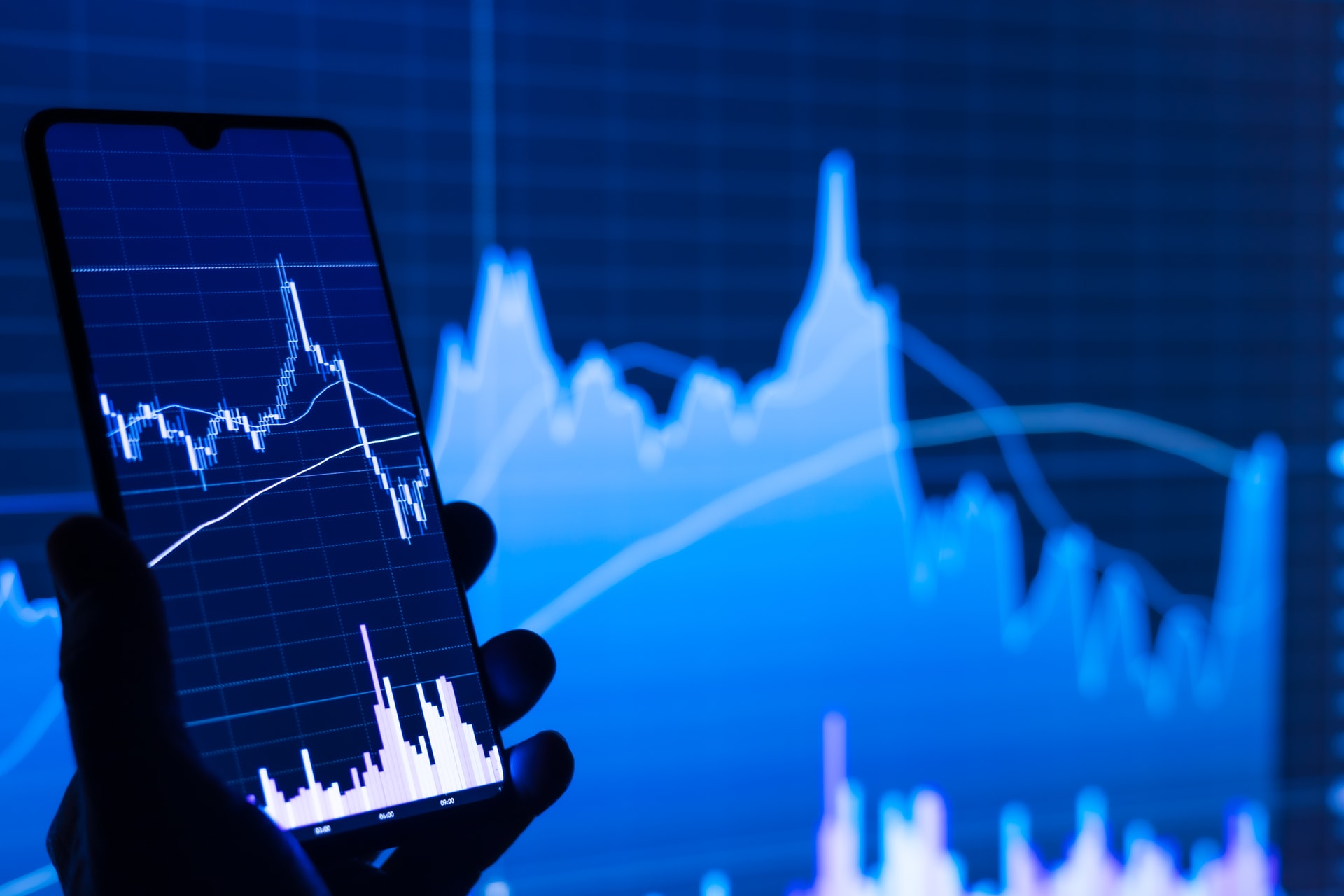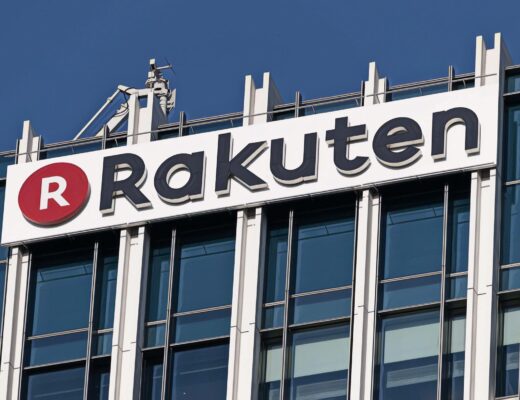How a pandemic caused record inequality in the U.S.
The rapid growth of the stock market has increased the capital of citizens, but not all of them, and those who were already rich. According to data from the Federal Reserve, the total wealth of the wealthiest 1% of Americans reached $45.86 trillion. This same group of people owns almost 54% of all stock market shares. These results mean record inequality in the United States.
According to the Fed, wealthy U.S. citizens last year managed to increase their total capital by $6.7 trillion, in just two recent periods this amount was about $12 trillion.
It should be noted that such record numbers were achieved in the years of the pandemic when there was a general decline in the global economy. The growth was the maximum in the last 40 years. Contributing to the increase in wealth were the measures that the U.S. government had to introduce to support the local economy during the pandemic. Key rate cuts and other incentives caused a sharp increase in inequality in the U.S.
From the first quarter of 2020 to the current moment, the capital of the richest people in the country has increased by 15.13 trillion dollars. The share of this category of citizens in the total wealth of the U.S. has grown from 29.6% to more than 32%. During this period, the proportion of Americans who are below the poverty line decreased from 31.7% to 30.2%. The main sources of capital accumulation for wealthy U.S. citizens were stocks, as well as businesses. The share of securities ownership reached record highs. Back in 2020, affluent Americans owned 51.6% of all stocks, up from 40% in 2002.
The main sources of capital accumulation for wealthy U.S. citizens were stocks, as well as businesses. The share of securities ownership reached record highs. Back in 2020, affluent Americans owned 51.6% of all stocks, up from 40% in 2002.
The wealthy U.S. population owns stocks in a variety of companies and mutual funds. Since the introduction of economic stimulus measures during the pandemic, these investments have brought in a little over $11.2 trillion. The portfolios of the 1 percent of Americans, in whose hands most stocks are concentrated, have grown to nearly $23 trillion. During the same period, the portfolios of poor people totaled only $280 billion.
Income inequality leads to increased activity in the stock market, which in turn stimulates even greater inequality. The rich category of citizens has a large number of shares, and hence the growth of securities prices brings them more profitability. In addition, they have the ability to invest large sums in the stock market, thereby controlling the processes there.
Middle-income Americans and young people are finding it increasingly difficult to increase their income, given the regular increase in the price of consumer products and real estate.










